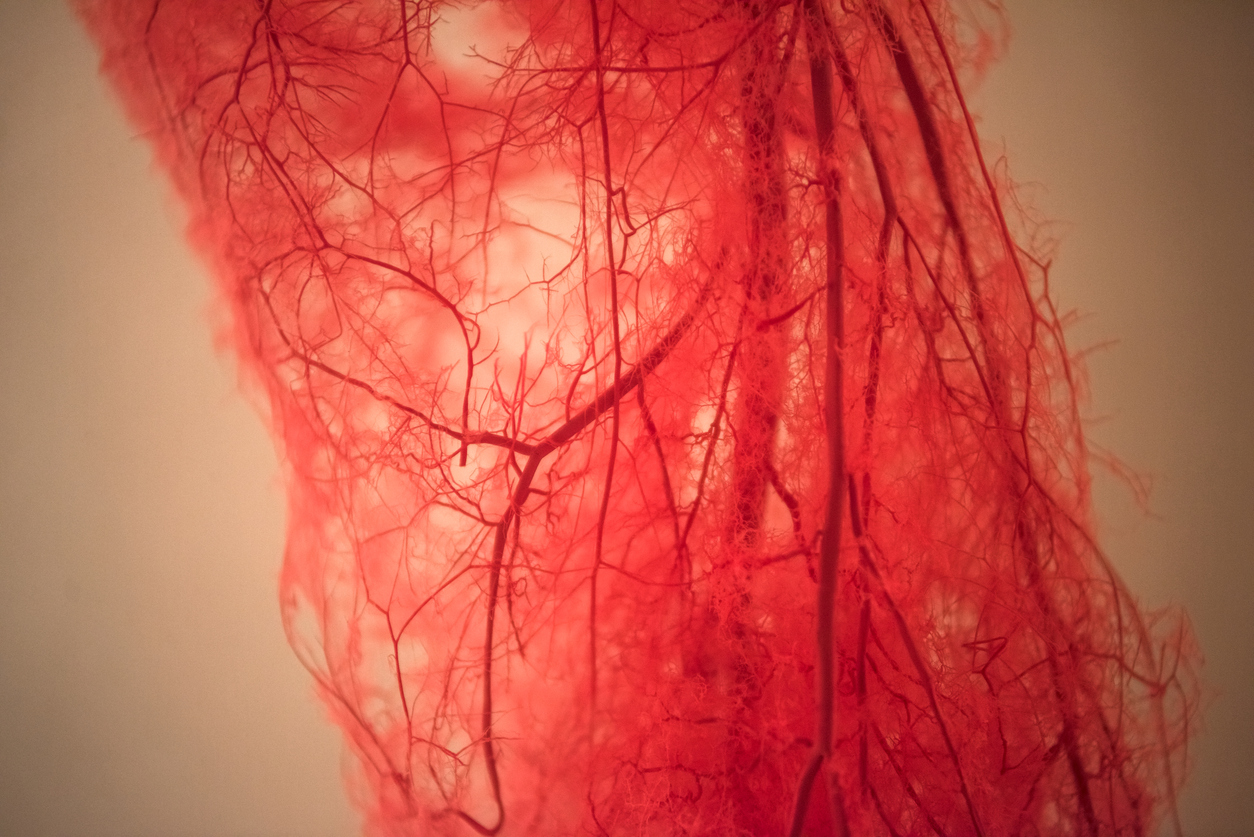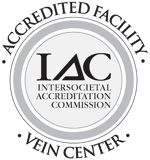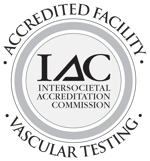A venogram may be ordered if we suspect you have vascular diseases, including deep vein thrombosis, Iliac vein compression, or a blood clot. A venogram is a diagnostic procedure to make veins visible so the doctor can assess blood flow for vein problems.
Apart from vein disorders, the procedure helps doctors diagnose and choose treatment options for several other health conditions in patients of all ages. This blog explores instances when you may need a venogram.
Who Needs a Venogram?
A venogram is a test that involves injecting contrast dye into veins, after which the doctor uses an X-ray testing technique to image veins, primarily in your legs, though it can also be done in your upper extremities. The test helps a doctor examine the functions of veins and find the clotting or clogging site. A venogram can also be used to diagnose different conditions, including:
- Examine vein problems present at birth
- Find clotting or blockage in veins
- Test the function of veins
- Diagnose varicose veins to help determine an appropriate treatment
- Determine the right veins for bypass surgery or dialysis
- Aid the process of putting a medical device in veins
- Determine the appropriate way to treat the damaged vein
What Happens During a Venogram Procedure?
Venograms are typically done on an outpatient basis in a hospital x-ray department or an outpatient procedure suite like those at the Vein Institute of NJ. The entire test takes between 30 and 90 minutes to perform.
During the procedure, the patient is required to lie on an x-ray table. The physician inserts a needle into the vein to inject the contrast agent. The specific spot where the needle is placed depends largely on the target veins being examined. As the contrast material flows through the veins, a physician takes several x-ray pictures, usually at time intervals as the dye moves through the legs. The physician can adjust your position to allow the x-ray machine to take pictures of your veins at different angles. Once the doctor has obtained all the images they need, the needle is removed and the insertion site dressed.
Will I Experience Pain During and After the Procedure?
You will likely feel some discomfort as the needle is inserted into your vein for local anesthetic and IV lines. You may also feel a little pressure when the doctor inserts the catheter into your vein.
As the contrast agent passes through the body, you may feel some warmth that will quickly pass. If you feel severe discomfort during the procedure, the doctor may prescribe pain medications to relieve you of the discomfort. You may also be instructed to drink lots of fluids for the next day.
How to Prepare for a Venogram
There are several preparation tips to ensure your procedure is successful. During your initial consultation, your healthcare provider will guide you on the medications, food, and drinks to use and the ones to avoid hours leading up to the procedure. You will also be asked to list any allergies you have experienced, especially those related to iodine contrast materials. Your doctor may also review your medical history for recent illnesses or other medical conditions.
Are There Any Risks with a Venogram?
Generally, venograms are safe procedures. However, some people may experience complications, such as:
- Possible reactions to the dye used during the x-ray. These reactions can be in the form of soreness, redness, nausea, vomiting, itching
- Bleeding on the insertion site
- Infection at the needle insertion site
- Minimal radiation exposure that can present risks if multiple scans and x-rays are performed over time
- Damaged veins resulting from needle insertion
What if I am Expectant?
If you are pregnant, inform your doctor about your pregnancy. Healthcare providers usually postpone venogram tests in expectant women to reduce fetal radiation risks. Where an x-ray is a must, the healthcare provider will take adequate precautions to minimize radiation exposure to the baby.
Contact the Vein Institute for Effective Diagnosis and Treatments
A venogram can be an ideal solution to address vein problems and confirm a diagnosis of various conditions such as DVT, varicose veins, and thrombosis. The test lets your doctor see your veins on an x-ray to assess their status.
The Vein Institute is New Jersey's top-rated and most experienced vein specialist, offering exceptional treatments since 1963. Our board-certified vascular physicians combine a perfect match of experience, innovative technology, and top-notch medical techniques to successfully treat venous disorders and related symptoms, including spider veins, varicose veins, and leg swelling.
Schedule a free consultation with us today!








.jpg?width=944&name=Castle-Connolly-Top-Doctors-Emblem-Large%20(4).jpg)